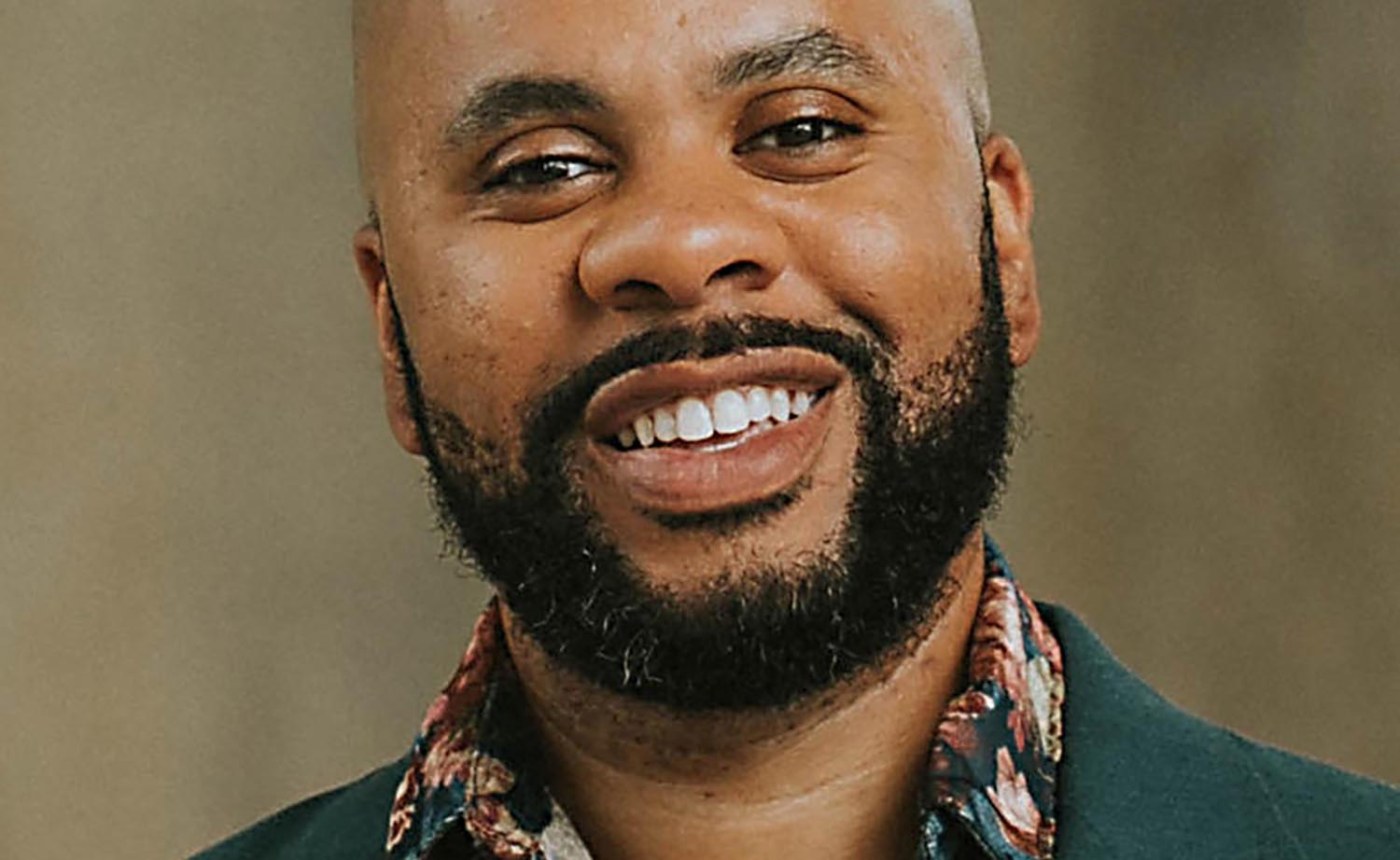Dear Eric,
For the last 45 years or so, I’ve hosted Thanksgiving for my family. I’ve had as many as 25 people. My sister has two sons, and they’ve always stayed with me. Quite frankly, it’s now an issue.
Only one of these nephews has shown up lately, but he has three sons of his own, ranging from 22 to 8. My sister also stays with me. They come on Wednesday and stay till Friday. It’s a lot to manage, considering all I have to do for the holiday.
I know if I say something about a hotel, they will be highly insulted. My daughter also comes and stays, but that’s different. She’s one person and my daughter.
**Advice?**
— Overwhelmed
—
**Dear Overwhelmed,**
I don’t want to sound flippant here, but if they’re insulted by you stating that you’re at capacity and can’t host six (maybe more) people, that’s on them. The solution is not to continue bearing the burden alone.
Special occasions, especially holidays, often fall on one person’s shoulders by default and deflection. Often, it’s a woman—reflecting some family members’ assumptions that it’s her responsibility and she wants to do it. You may be or have been happy to host, and you can also be worn out from hosting now. Both can be true, and your family can and should hear that.
It’s not too late to talk to your nephew and your sister and say that, after 45 years, Thanksgiving is outpacing you and you need the family to take a greater role in making it happen. It’s important that the work you’re doing not go unseen. Holidays don’t just happen.
By saying, “This is a lot of work; can you help me host it?” you offer your family the chance to step up, which can enrich their experience of the holiday.
If they say it just won’t be the same if they’re not staying with you, then ask them how they can make the experience easier on you. Maybe that means taking on some meal preparation, hiring a cleaning service to help, or shortening the trip.
There are a lot of possibilities, and they should be the ones coming up with suggestions and presenting them to you. It’s not your responsibility to make this work. You’re already making it work. It’s their responsibility to make it work for you, too.
—
**Now, another issue:**
In more and more cases, I have received no acknowledgment after making donations to a charity or organization of the family’s choice, and sometimes it’s not one I support. This leaves less for me to donate to organizations that I care about.
Is there a polite way to ask a family member if they were notified that I donated to the charity of their choice? I do this because I want the family to know I cared for their loved one and am thinking of them.
A pre-printed thank-you, phone call, or email would be OK; I understand this is a sad and stressful time.
Ideas and suggestions appreciated.
— Acknowledgements
—
**Dear Acknowledgements,**
Your tactic of noting your donation in a card is a good start—probably the best start.
When people ask for donations in lieu of flowers or other sentiments, it’s often done to give those who care an option for paying that care forward. If you’re concerned that the donation didn’t go through, you can certainly ask.
However, sometimes it’s best to let kindness be kindness—the thought is what counts.
I often write that thank-you notes are not a lost art. Acknowledgment is more than a courtesy. However, as you mentioned, this social grace can sometimes get lost in the tumult of grief and post-death duties. It’s best not to take it personally.
If you’re feeling overextended with donations—whether for fundraisers or bereavements—consider making a budget for those expenses. If you exceed that budget, simply send a card, whether it’s one of encouragement for a fundraiser or sympathy for a loss. Even a text message works in some cases.
This budget will allow you to devote more money to the charities that are closest to your heart.
—
*Send questions to R. Eric Thomas at eric@askingericletter or rericthomas.com.*
https://www.orlandosentinel.com/2025/10/30/asking-eric-thomas-holiday-houseguests/


